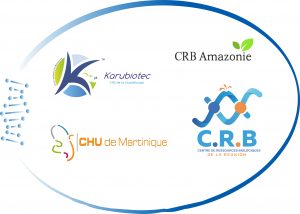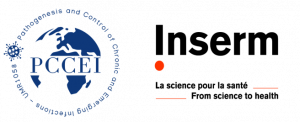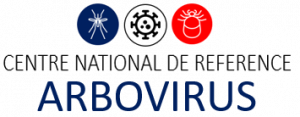12
Institutions
2 082 853 €
Budget
3
Years
Context
6
Work packages

Severe forms of dengue, characterized by complications such as plasma leakage, severe hemorrhages, or organ failure, can lead to high mortality rates and require intensive care. The mortality rate for SD typically ranges from 0 to 2%, but may rise to 10% if medical care is delayed. This highlights the urgent need for reliable biomarkers that can be used in routine hospital settings to facilitate timely adjustments in patient management. Numerous factors have been proposed to be associated with SD and could serve as potential prognostic markers including infection history, virus factors, biochemical compounds found in the plasma, host genetics and comorbidities. So far however, none of them has been actively applied to anticipate progression to SD.
Goals
Focused on DENV French overseas territories, LSDengue aims to identify determinants of severe dengue by analyzing clinical, genetic, virological, and immunological data. Leveraging the CARBO cohort and Arbo France network, the project plans to establish an inter-territorial network for sharing samples and data. Its goal is to develop biomarkers to predict severe cases, improve patient care, and enhance preparedness for emerging infectious diseases. LSDengue will provide a strong foundation for the preparedness and control of emerging viruses – in particular arboviruses – across French territories.

Coordination
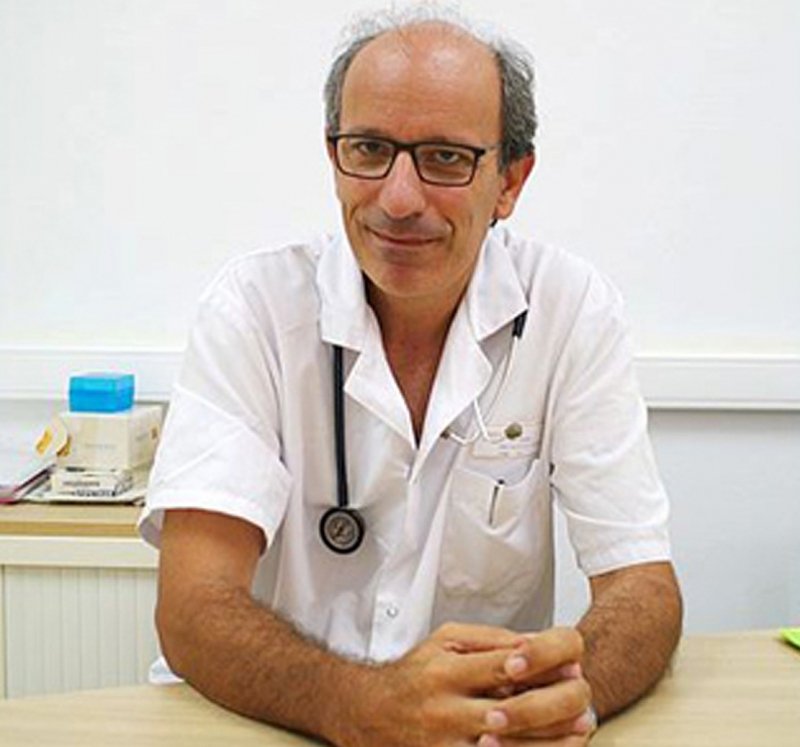 LSDengue is coordinated by Professor André Cabié, a renowned expert in infectious and tropical diseases, with a focus on dengue and emerging arboviruses. Professor of Infectious and Tropical Diseases at the Université des Antilles, he serves as Head of the Department of Infectious and Tropical Medicine at the University Hospital of Martinique (CHU Martinique). Besides his research activities, Professor Cabié is actively involved in the Strategic Orientation Committee for Arbo-France.
LSDengue is coordinated by Professor André Cabié, a renowned expert in infectious and tropical diseases, with a focus on dengue and emerging arboviruses. Professor of Infectious and Tropical Diseases at the Université des Antilles, he serves as Head of the Department of Infectious and Tropical Medicine at the University Hospital of Martinique (CHU Martinique). Besides his research activities, Professor Cabié is actively involved in the Strategic Orientation Committee for Arbo-France.
Consortium
LSDengue consortium comprises more than 60 partners from research teams in French overseas territories and in metropolitan France.

Expected results
- Identification of predictors of severity to improve care of dengue patients.
- Improvement of the surveillance system through better identification of severe dengue cases, upgraded mortality reviews and enhanced virus sequencing
- Acquisition of new knowledge on the mechanisms leading to dengue severity including new molecular targets and avenues for drug and/or vaccine development.
- Improvement in preparedness and responsiveness to address the future threats of arboviral diseases and other emerging infectious diseases.
- Development of a sustainable and collaborative research infrastructure with a governance framework for data and sample sharing in French overseas territories and later on at the national level.
Funder
This project is supported by France 2030, a French governmental grant under the PER MIE initiative Section 1 : Accelerating the acquisition of fundamental knowledge on emerging infectious disease. LSDengue is led by Inserm through ANRS Emerging Infectious Disease (ANRS MIE).


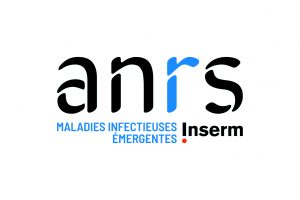
Team
Work Packages
To achieve its goals, LSDengue is structured around 6 complementary Work Packages :
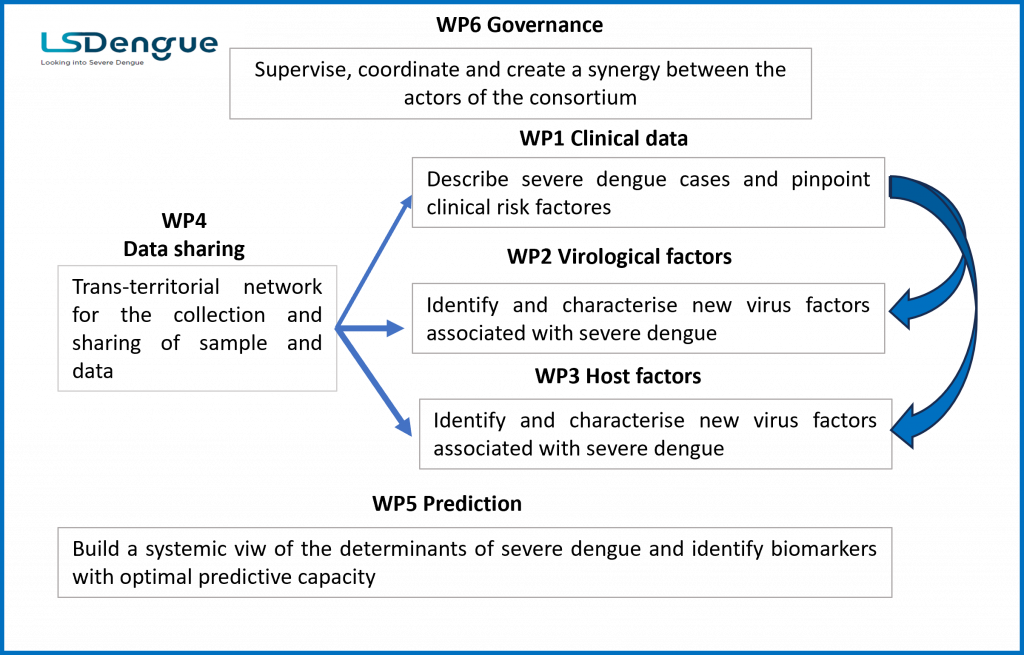

WP1
Describe severe dengue cases and pinpoint risk factors
WP1 objectives are:
- To describe the clinical features of SD (in the framework of the 2009 WHO definition) and classify cases observed in FOTs according to severity criteria
- To estimate the frequency of SD in each FOT
- To estimate the lethality and related mortality of SD and investigate causes of dengue-related deaths in each FOTs
- To identify the risk factors for SD and assess their etiologic fractions for SD
Leader : Dr Patrick Gérardin (CIC Réunion) – Co-Leader : Dr Sylvie Abel (CIC Martinique) and Dr Carole Eldin (UVE – Marseille)
WP2
Identify and characterise new virus factors associated with severe dengue
WP2 aims to study the virological factors associated with or predictive of SD, and identify those that can be translated as biomarkers such as the NS1 protein, previously correlated with dengue severity.
To guarantee the quality and reproducibility of the diagnostics and of the data used in this WP, collaborators will first assess the laboratory methods used across the different FOTs for dengue diagnosis through External Quality Assessments (EQAs).

Leader : Dr Gilda Grard (UVE – Marseille) / Co-leader : Dr Dominique Rousset (Institut Pasteur Guyane)

WP3
Identify and characterize new host factors associated with severe dengue
The main objective of WP3 is to identify human host-related factors associated with the development of severe dengue. The specific objectives of WP3 are:
- To identify the genetic basis of immune response variation in non-severe and severe dengue
- To identify rare and common genetic variants associated with severe dengue
- To identify relevant lipid molecular species and lipid metabolism enzymes activated or repressed in patients with different forms of dengue (potential biomarkers for severe disease)
- To assess the contribution of anti-IFN auto-antibodies to severe dengue
Leader : Pr Lluis Quintana-Murci (Institut Pasteur) / Co leader Dr Myrielle Dupont-Rouzeyrol (Institut Pasteur New Caledonia)

WP4
Structure a trans-territorial network for the collection and sharing of sample and data
The objectives of WP4 are :
- To collect clinical data from collaborating sites using a unified data format and high quality standards
- To guarantee a common standard of sample quality and the completeness of the data associated with the biological resources available as part of the project
- To collect and integrate sequence data from all collaborating sites into a high quality, homogeneous database
- To define the specifications and governance for efficient data sharing while respecting ethics, data security and patient confidentiality. For this, we chose an approach based on use cases.
Leader Pr André Cabié (CHU Martinique) / Co-leader Dr Jacqueline Deloumeaux (CHU Guadeloupe) and Dr Emmanuelle Sylvestre (CHU Martinique)

WP5
Build a systemic view of the determinants of severe dengue and identify biomarkers with optimal predictive capacityFor WP5, the main objectives are :
- To support other work packages for questions relative to methodology
- To analyse datasets in relation to the main outcome variables, judgement criteria, and hypothetical severity biomarkers
- To analyse the specific interactions between the specific
virus-host genotype pairs involved.
Ultimately, the different data from different work packages will be integrated in detailed models allowing to control for confounders and testing of interaction terms.
Leader : Pr Mathieu Nacher (CH Cayenne)
WP6
Supervise, coordinate and create a synergy between the actors of the consortium
The specific objectives are:
- To develop an effective and flexible governance framework for the consortium.
- To ensure compliance with the Consortium Agreement, including progress reporting and the distribution of funds.
- To keep all participants fully informed and monitor the progress of Work Packages (WPs).

Leader : Dr Bernadette Murgue (UVE – Marseille) / Co-leader : Prof André Cabié (CHU Martinique)

LINKED PROJECTS
- ARBOGEN project aims to identify the genetic determinants of the virus that play a key role in the severity of dengue. This complementary project is funded for three years by the MSDAVENIR Foundation – ANRS MIE.
- Arbo-France : a French network dedicated to the study of arboviruses, with the aim of enhancing preparedness and response to arboviral outbreaks in both mainland France and the overseas territories, for both human and animal health
- CARBO is a chohort aiming to identify clinical, biological, virological, immunological, and genetic factors associated with, or predictive of, severe complications of arboviral infections in a cohort of children and adults with confirmed arbovirus infections in France.
- The ARBONEURO project, funded by the ANR, it aims to understand the interaction of DENV and ZIKV with cerebral barriers through a combination of clinical approaches using established and prospective patient cohorts, state-of-the-art in vitro blood-brain barriers models and in vivo mouse models.
- The Antilles Data Hub (AnDH) project : it aims to consolidate the Clinical data warehouse of the Martinique University Hospital and to build the clinical data warehouse of the Guadeloupe University Hospital, with common scientific projects and the pooling of skills.
LSDengue Partners



Pr André Cabié – LSDengue coordinator
Pr Xavier de Lamballerie
Inserm 1207 – IRD 190
Pr Mathieu Nacher



Pr Dominique Rousset
Pr Myrielle Dupond Rouzeyrol
Pr Dorothée Missé



Pr Lluis Quintana-Murci
Pr Patrick Mavingui
Pr Patrick Gérardin



Pr Raymond Césaire
Pr Laurent Abel
Dr Emilie Follenfant
In collaboration with
Executive Committee




